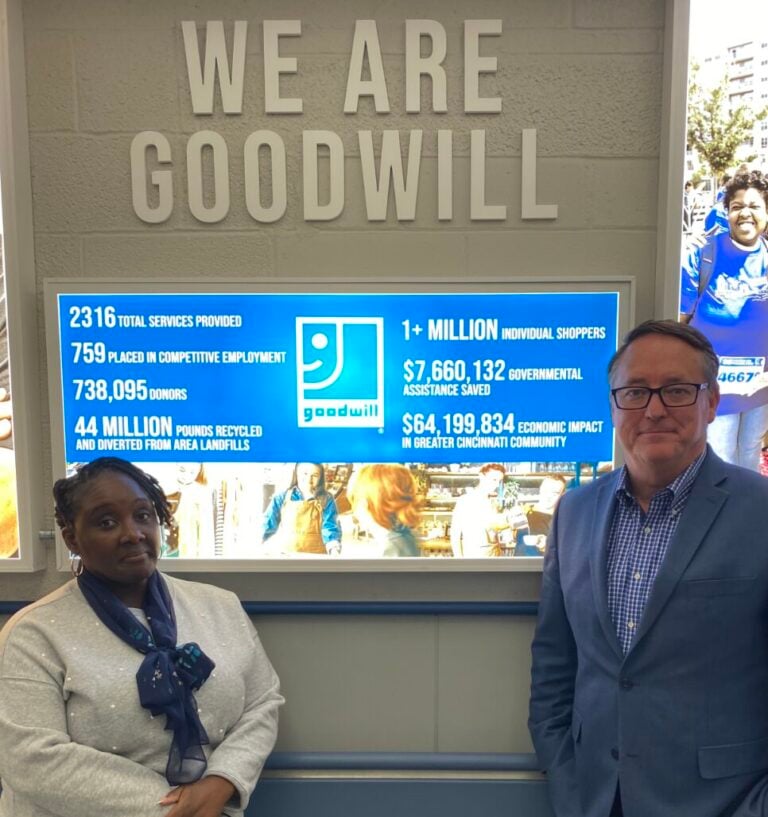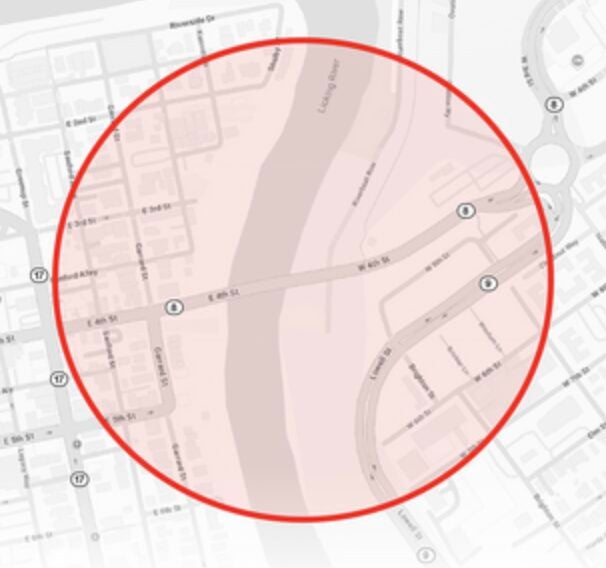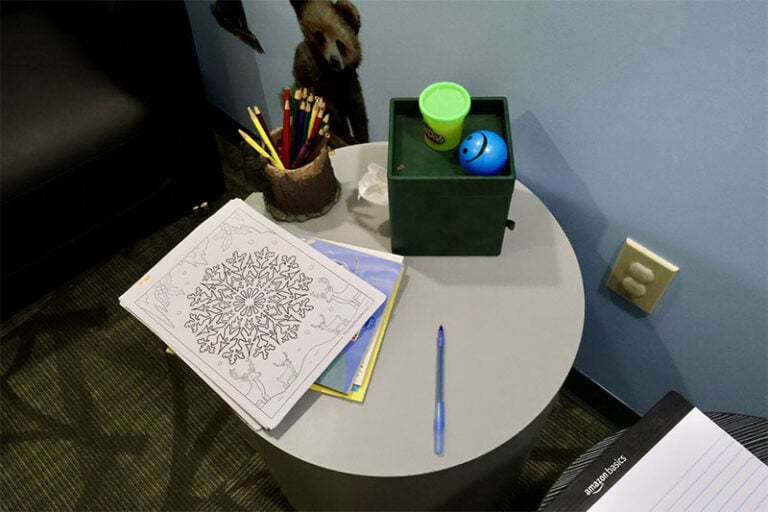Distracted driving is a serious and escalating problem throughout the United States and when we think of distracted driving today most of us visualize cell phone or texting on a smartphone.
Right?
But little did we know that the very people that are commissioned with enforcing the distracted driving laws in our communities are some of the most egregious violators. It’s true, police officers are probably the most distracted drivers on our highways as they patrol our streets in an effort to keep our communities safe. It is their Achilles heel.
The duties of a police officer are comprised of several different types of multitasking events that constantly divert an officer’s attention as they are constantly observing every direction, looking for everything from drunk drivers, speeders, peeping toms, fleeing bad guys, stolen cars, lost children, all points bulletins, hazards in roadways, and illegal drug trafficking.
While multi-tasking inside the cab — sometimes at a high rate of speed — they are activating their lights and sirens and recording the location of a call for service or the description of a wanted person or vehicle. Even when they are white-knuckling it in a hot pursuit of a fleeing car, they still have to transmit radio updates and their locations all while dodging intersections and road hazards along the way.
 This doesn’t even include some of the usual distractions that we all have to deal with, such as answering a phone call, eating, adjusting the temperature, picking up a dropped item, talking to a passenger eating, and smoking.
This doesn’t even include some of the usual distractions that we all have to deal with, such as answering a phone call, eating, adjusting the temperature, picking up a dropped item, talking to a passenger eating, and smoking.
There are endless costly examples of preventable accidents involving police officers where they have been proven in several subsequent litigated civil cases, and later underlined by body cams and dashcam videos requested through the open records laws. There are multiple examples where such activities have resulted in fatalities and even reckless homicide charges against these distracted police officers.
These days, it is not the radio or even their cell phone that’s districting police officers the most: it’s the mobile data terminal (MDT), which is their primary life line. It is a necessary tool that allows police officers to complete their job and keep our communities safer.
With this new technology, police officers driving a police cruiser have become even more dangerous as they have to rely on these new tools of their trade. But what’s so funny is that in the state of Kentucky, they are exempt from the very laws that ban the use of mobile devices behind the wheel, as long as they are using them for the job.

Officers are known to use their MDT even while driving; for instance when they need to run the license plate of a suspected stolen vehicle. The MDT provides access to critical information about suspects to see if they are wanted as a dangerous felon, or if a driver has an outstanding warrant. There are some officers that sit in their automobile and never take their eyes off the roadway as they type on their MDT’s, never looking at the screen.
Some police departments have issued new policies limiting the use of the MDT’s while driving. Many police departments have tried to lesson distracted driving by uniformly connecting lights, sirens, and other critical equipment in cruisers to steering wheel switches, so that officers operate such equipment with little distraction.
New hands free technology has recently surfaced allowing officers use of voice-activated commands to operate their lights and sirens and even speak without holding a microphone.
The point that I am making isn’t that police officers are hypocritical and work with no regard to the safety of our community. They are our communities’ guardian angels, keeping all of us safe while constantly risking their for us.
The point is that risk is inherent in everything we do and in every job we preform; and sometimes we all assume a certain degree of risk. The key is to recognize the hazards and to work really hard to avoid such unsafe hazards.
As a professional risk and safety consultant I can reduce the distracted police officer exposure by 90 percent and can greatly reduce their insurance premiums by recommending that they place two officers in every car to eliminate this exposure. However, that is a risk that county, city and state officials are willing to assume, as a result of stingy taxpayers. Again this is considered acceptable risk even if it endangers the very people that are trying to keep safe.
Both as a son and now as a father, I can safely say that I have been on both sides of this statement “Do As I Say and Not As I Do” and I can reveal that the later is much harder to accept. As professional risk management and safety consultant, I can also tell you that if you were to ask my wife or any of my close friends, they would tell you it is always easier to give advice than to live by example 100 percent of the time.
Its human nature to assume certain risks, despite the advise of consultants, police officers, parents, supervisors, coaches, colleagues, or trusted friends. Risk is inherent in our lives and we all accept a certain degree of risk as long as the reward appears to be greater than the consequence.
Unfortunately, when the risk doesn’t end with negative consequences, we are more inclined to continue such unsafe actions. For instance, we all took a very well known risk when we drove to work today, right? Well what if we were to become involved in a very painful and costly car accident once every other week? We’d all stop driving to work, right?
With that said, I would guess that just about 99.999 percent of those reading this article have chosen to be distracted while driving in their lifetime, and I would say that it would be a good bet that many were even distracted at least once during your travels today.
So before you start casting stones at these hypercritical police officers or even safety consultants, my saving redemption can be found in the Good Word from Jesus Christ himself. This lesson is in the good book of Mathew 23:3, where he speaks of the Pharisees when he says “So you must be careful to do everything they tell you. But do not do what they do, for they do not practice what they preach.”
So the next time you see a police officer, take a minute to thank them for their tireless service to your community and your family. If you get pulled over for using your smart phone, thank them for the friendly reminder that comes with a fine, because it’s in your best interest.
And then say a little prayer for their safety.
Be Safe My Friends.
This column was originally published on May 12, 2016
Keven Moore works in risk management services. He has a bachelor’s degree from University of Kentucky, a master’s from Eastern Kentucky University and 25-plus years of experience in the safety and insurance profession. He lives in Lexington with his family and works out of both the Lexington and Northern Kentucky offices. Keven can be reached at kmoore@roeding.com.


















